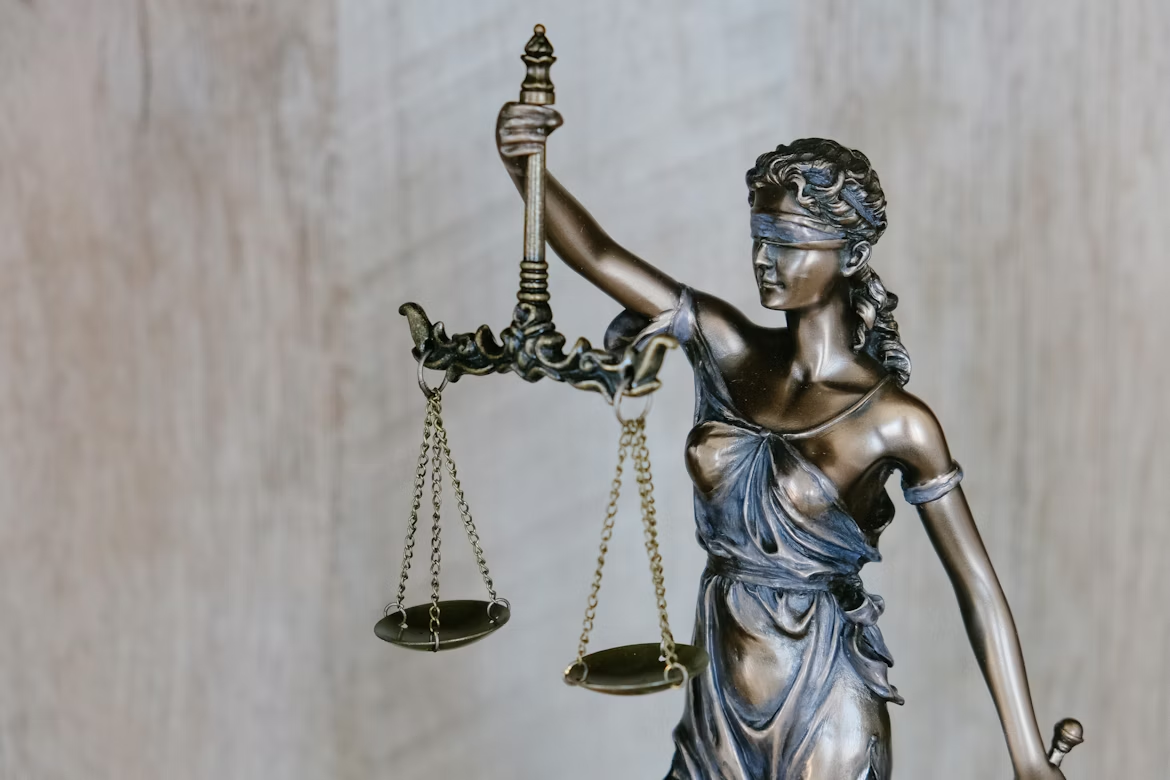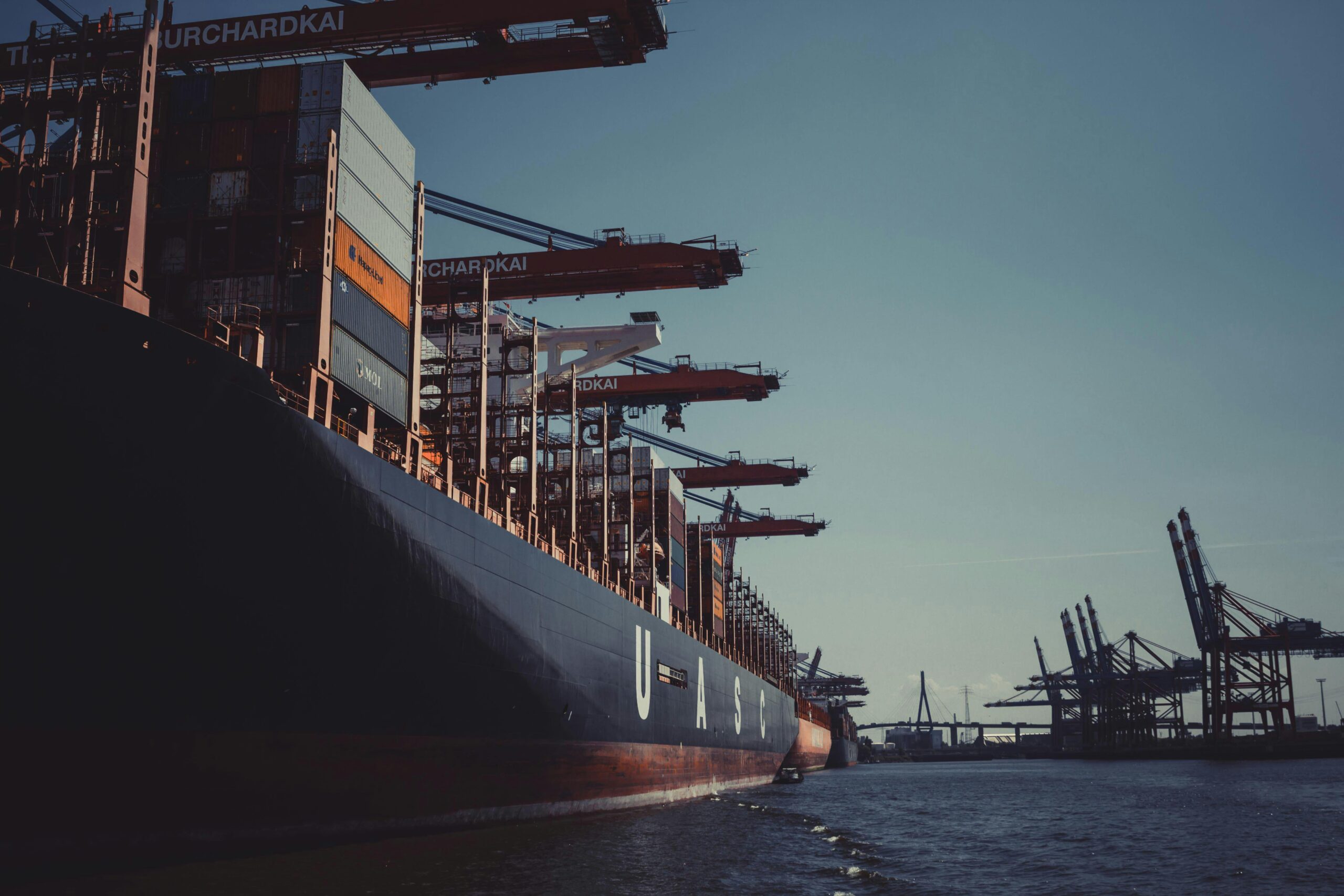States all aroud the world have advanced overlapping claims over more than 200 maritime areas. These disputed areas often contain very significant natural resources. Recent technological advances have made these resources more accessible to investors. However, offshore investments in disputed maritime areas still face a number of risks.
Investors with rights regarding natural resources in disputed areas face a potential change in State jurisdiction over those areas. If that risk were to materialise, their rights would not be guaranteed towards the new sovereign.
Further, certain offshore activities in disputed maritime areas might be contrary to international law. UNCLOS does not expressly prohibit exploration and/or exploitation activities undertaken in these areas unilaterally by a State or its licensee. Nonetheless, a number of international tribunals have enjoined oil and gas activities pending the resolution of a dispute over a maritime area if the activity risks permanent prejudice to another party’s rights.
Other risks include potential overlap of concessions licensed to different companies by different States; legal action by neighbouring States seeking the termination of exploration and/or exploitation activities pending a final settlement of the dispute; a moratorium imposed by the Host State; physical disruption of the petroleum activities by other neighbouring States; claims for compensation against the offshore investor for the extraction of resources under the licence of one State when, eventually, a block is determined to belong to another State; and even retaliatory acts against the investor by States opposing the exploration activities.
In view of these risks, offshore investors should be aware of how international law can protect their rights towards both the Host State and other States with competing maritime claims. This virtual seminar provided an opportunity to discuss some of these issues.
Our experienced panellists were:
Rose Rameau, Partner at RAMEAU LAW FIRM, a boutique international law firm based in Washington, D.C. Ms Rameau is a recipient of the 2020 ABA Mayre Rasmussen Award for the Advancement of Women in International Law. A former Fulbright Scholar and Law Professor in international arbitration, she is licensed to practise law in France, the Republic of Ghana and the United States. Ms Rameau sits as sole arbitrator and has been appointed by States in investor-State disputes. She is an ICC Court Member and a member of the ICC Commission Task Force “Addressing Issues of Corruption in International Arbitration”.
Robert Volterra, Partner at Volterra Fietta and visiting professor of law at University College London. Mr Volterra advises and represents governments, international organisations and private clients on a wide range of public international law issues, including maritime delimitations and the exploitation of natural resources in disputed maritime areas. He regularly acts as co‑agent, counsel and advocate before the International Court of Justice and ad hoc international arbitration tribunals, including under the PCA, ICSID, ICC, SCC, LCIA, UNCITRAL, WTO and UNCLOS rules. He is on the UK Attorney General’s A-list for public international law practitioners.
Álvaro Nistal, Counsel at Volterra Fietta. A civil and common law lawyer, Mr Nistal advises States, international organisations and private entities on a broad spectrum of public international law matters. He has represented and provided States in Africa, Latin America, the Middle East and Southeast Asia with legal advice in relation to proceedings before the International Court of Justice, including in relation to disputed maritime areas and natural resources. He also regularly represents States and foreign investors in major investment treaty arbitrations and commercial disputes concerning the energy industry.
Gunjan Sharma, Senior Associate at Volterra Fietta. Mr Sharma routinely advises large oil and gas companies on complex issues of international law and investment risk, including in relation to their offshore investments. Mr Sharma has represented States before the International Court of Justice, represented investors and States in investor-State arbitrations and been counsel to clients before numerous US courts, including the courts of New York. In addition to his significant litigation experience, Mr Sharma has advised clients on dispute resolution, indemnification clauses, stabilisation clauses, investment risk mitigation and sovereign immunity issues in over 300 commercial transactions.
For any queries regarding the content of the seminar, please email info@volterrafietta.com.



